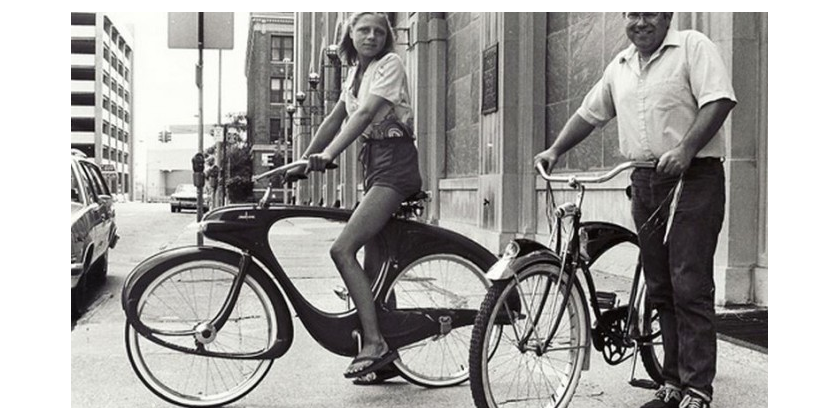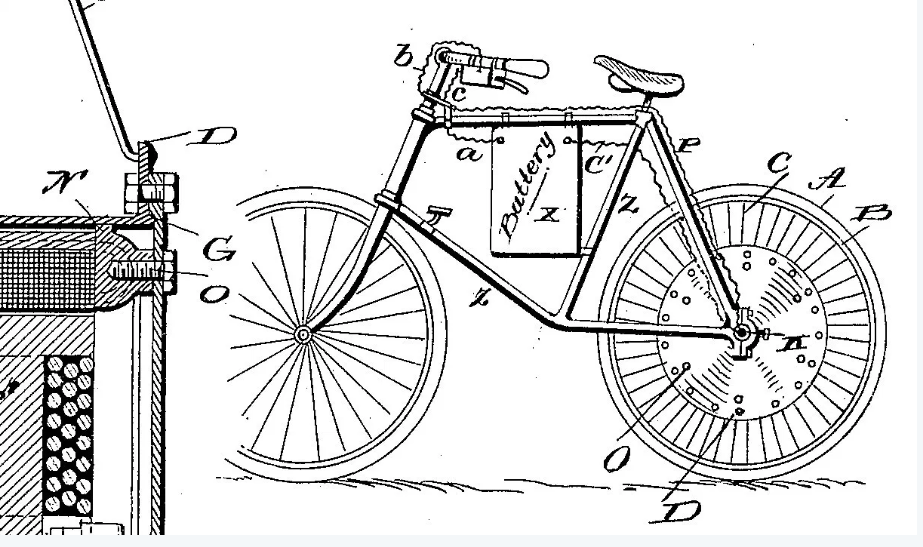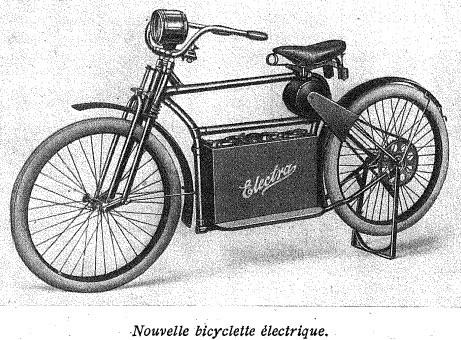Over the last two decades, the evolution of the electric bicycle (e-bike) has been marked by significant advances, transforming this means of transport into a viable and popular alternative. The first e-bikes appeared in the 2000s, with heavy batteries and limited range. However, these first steps laid the foundations for a revolution to come.
Over the years, one of the most notable transformations has been the miniaturisation and improvement of batteries. Technological advances have made it possible to design batteries that are lighter, more compact and offer considerably extended range. This development has solved one of the main challenges facing e-bikes, making them more practical and attractive to a wider range of users.

The motorisation of e-bikes has also improved significantly. Electric motors, which were initially bulky and heavy, have become smaller and more powerful and efficient. This optimisation has made it possible to create more aesthetically pleasing e-bikes, offering almost imperceptible electric assistance.
The intelligent integration of technology into e-bikes has also been a crucial aspect of their evolution. Sophisticated electronic control systems allow riders to personalise their experience, adjusting the level of electric assistance to suit their preferences. What's more, connectivity with mobile applications has paved the way for features such as GPS tracking, fitness monitoring and even remote software updates.

The design of e-bikes has also evolved. Today, many models integrate the battery and motor seamlessly into the frame, giving the e-bike an elegant, traditional look, similar to a classic bicycle.
Social acceptance of e-bikes has also changed. Once seen as a gadget, e-bikes are now recognised as a practical and environmentally-friendly means of transport. Urban infrastructures have followed this trend, with an increasing deployment of cycle paths and infrastructures adapted to e-bikes.
In summary, the evolution of e-bikes over the last two decades has been marked by significant improvements in battery technology, motorisation, technology integration and social acceptance. These advances have helped to position e-bikes as a viable, sustainable and attractive transport option for users around the world.

